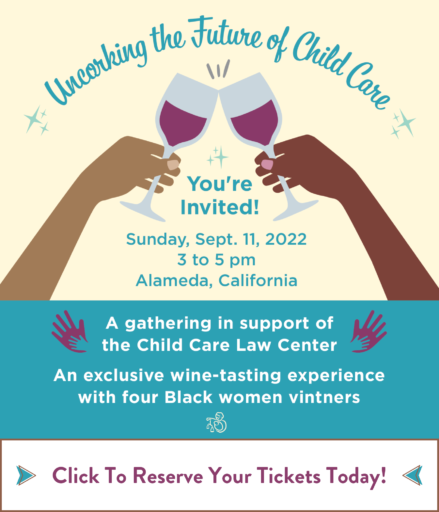Disclaimer: We believe this analysis is accurate as of November 27, 2024, but please keep in mind the law changes often.
The California 2024-25 legislative cycle included policies that affect child care providers, families, and children. These policies passed through the 2024-25 State Budget. Our 2024-25 State Budget analysis may be viewed here. The bills below will help families who use publicly funded child care, add more support to families and workers paid low wages, and create safer and more inclusive child care environments.
California Child Care Legislation Passed
AB 1808 (S. Nguyen) extends 24-month continuous child care eligibility to families with Child Care Stages 1, 2, and 3 Child Care. Families with CalWORKs Stage 1 Child Care are authorized for child care for at least 24 months or until the family is transferred to CalWORKs Stage 2 Child Care. This law brings all Department of Social Services child care programs into alignment regarding 24-month continuous eligibility.
AB 2317 (S. Nguyen) requires new policies regarding anaphylaxis prevention and treatment trainings for child care providers.
AB 2866 (Pellerin) increases swimming pool safety rules and adds pool safety equipment requirements for family child care homes.
California Legislation Improving the Lives of Women, Children, and Families
SB 951 (Durazo) is a bill which passed in 2022 but will be effective January 1, 2025. The law will increase wage replacement rates for Paid Family Leave (PFL) and State Disability Insurance (SDI) to 90% of regular wages for workers making up to 70% of the state average weekly wage. For workers who make more than 70% of the state average weekly wage, the law will increase PFL and SDI rates to 70% of their regular wages. This bill will help workers cover their costs when taking time off to care for their child or a loved one.
SB 1090 (Durazo) allows Paid Family Leave and State Disability Insurance claimants to apply for the programs 30 days before they start their leave, rather than wait until the claimant experiences wage loss. This law will help workers and families be able to plan and support their families when they take paid leave.
SB 1415 (Glazer) helps keep families in their homes by requiring counties to include more sources of income when calculating a family’s CalWORKs eligibility for payments issued to prevent eviction. Eligibility for this program requires that a family’s housing payment cost does not exceed a certain percentage of a family’s income. Because California housing is very expensive, without this new law, many housing opportunities would cause families to be ineligible for assistance.
AB 2343 (Schiavo) allows an Alternative Payment Program or CalWORKs Child Care Stage 1 or 2 contractor to use administrative and support services funds to set up a referral pathway to secure stable child care for families at risk of experiencing homelessness or escaping domestic abuse. Contractors may partner with homeless service agencies, domestic violence agencies, or other supportive housing organizations to provide services. The referral pathways can help contractors extend support and navigation services to families experiencing these situations.

